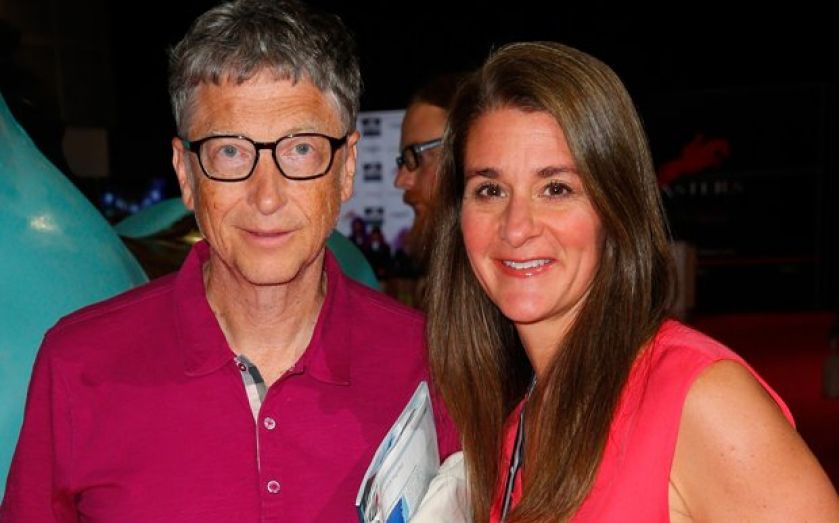UK philanthropists must embrace innovation – or risk falling behind demand

GIVING away money is a serious business, and one at which the UK excels. But we could do better still. New Philanthropy Capital has spent more than a decade advising people on how they can direct their cash to good causes. We work with recipients too, teaming up with UK charities to help them become as effective and influential as possible.
Along the way we’ve learned some inviolable truths. People who give away great chunks of their fortune want to feel close to the causes they fund. Charities, meanwhile, need to stretch their cash as far as humanly possible. On all sides, every penny counts.
While the amounts of money involved are deeply impressive, there could always be more, and it could always be made to go further. Last year, for example, the top 100 philanthropic family foundations supported charities to the tune of nearly £1.5bn: a vast sum, which translates into support for untold individuals and families in dire need of a helping hand. Yet even this level of generosity is in danger of falling behind demand. In an age of highly complex, entrenched social problems, philanthropists need to come up with bolder, more innovative ways to ensure their money has the greatest impact.
Fortunately, innovative philanthropy is growing around the world. As our new report published today suggests, UK philanthropists need not look far to find the newest global ideas in how to give away their money.
They could turn to Australia, for example, for groundbreaking new approaches to finance. When the country’s largest childcare provider collapsed in 2008, a consortium of philanthropists stepped in and secured a range of funding sources, from bank debt and government loans to social investment. The “Goodstart” consortium even created a whole new financial instrument, the “social capital note”, to persuade individuals to invest their cash and keep 680 childcare centres open.
Or they could look to India, and the “giving circles” established by the non-profit Dasra. It is a simple and effective concept: bring together 10 or so like-minded donors who commit equal sums to a single social issue, collaborate on research and strategic thinking to identify what’s required, and then target funding where it’s needed. One of the risks which dogs philanthropy across the world – duplicated funding and wasted money – is mitigated, while trust between givers grows.
Or they could turn to the US, where a concerted effort is being made by initiatives like Glasspockets to persuade and cajole philanthropists into opening up their books completely, so that their most effective projects can be scrutinised, copied and adopted. This level of transparency is controversial (varying degrees of anonymity are a deliberate, central feature of some foundations in the UK and elsewhere), but shared evidence of what works and what doesn’t is crucial if philanthropists are to make smart funding decisions.
The UK’s philanthropists are, by definition, committed to doing good. The world is full of ideas that can help them do even more.